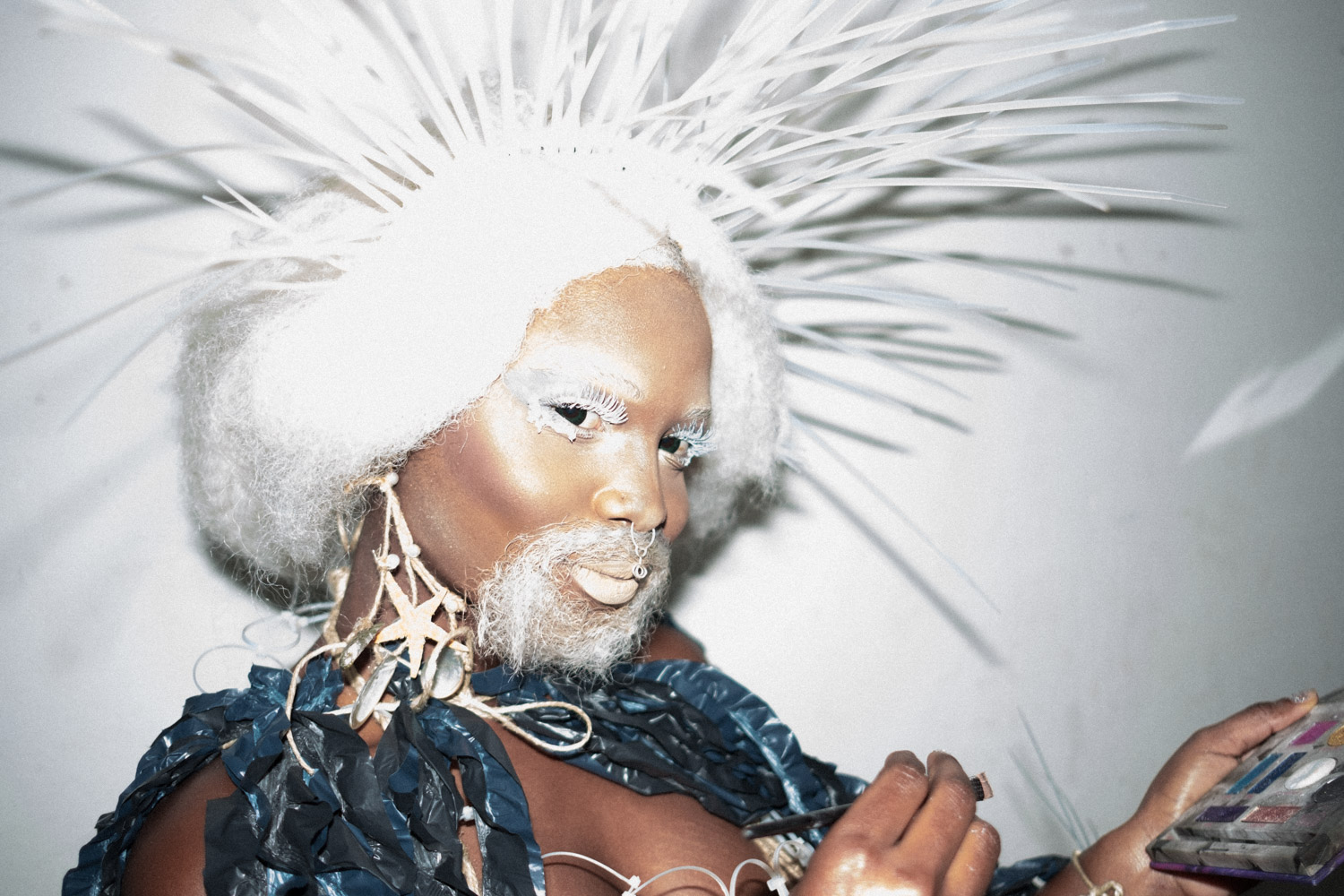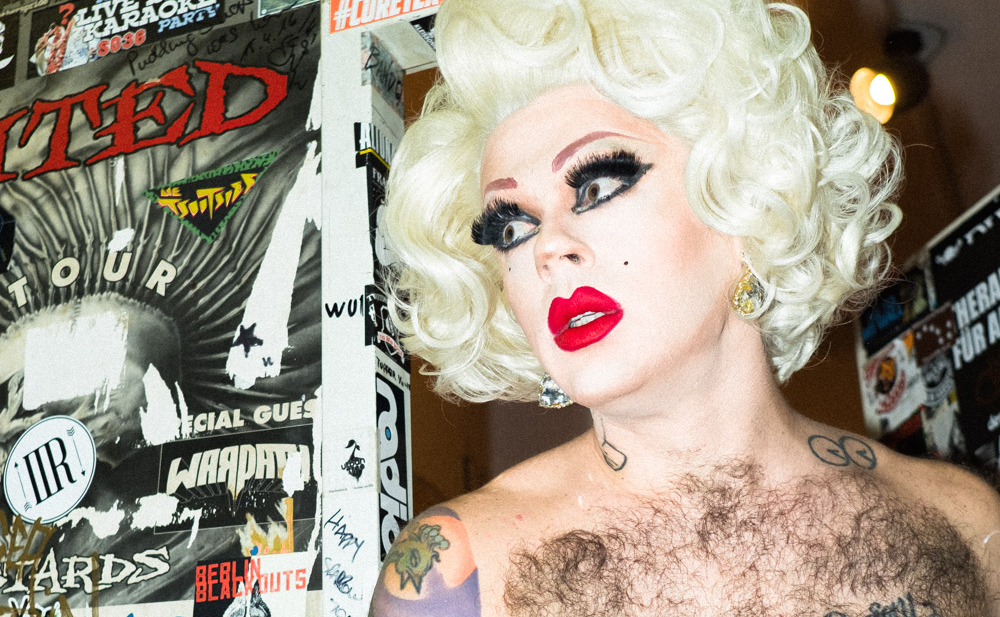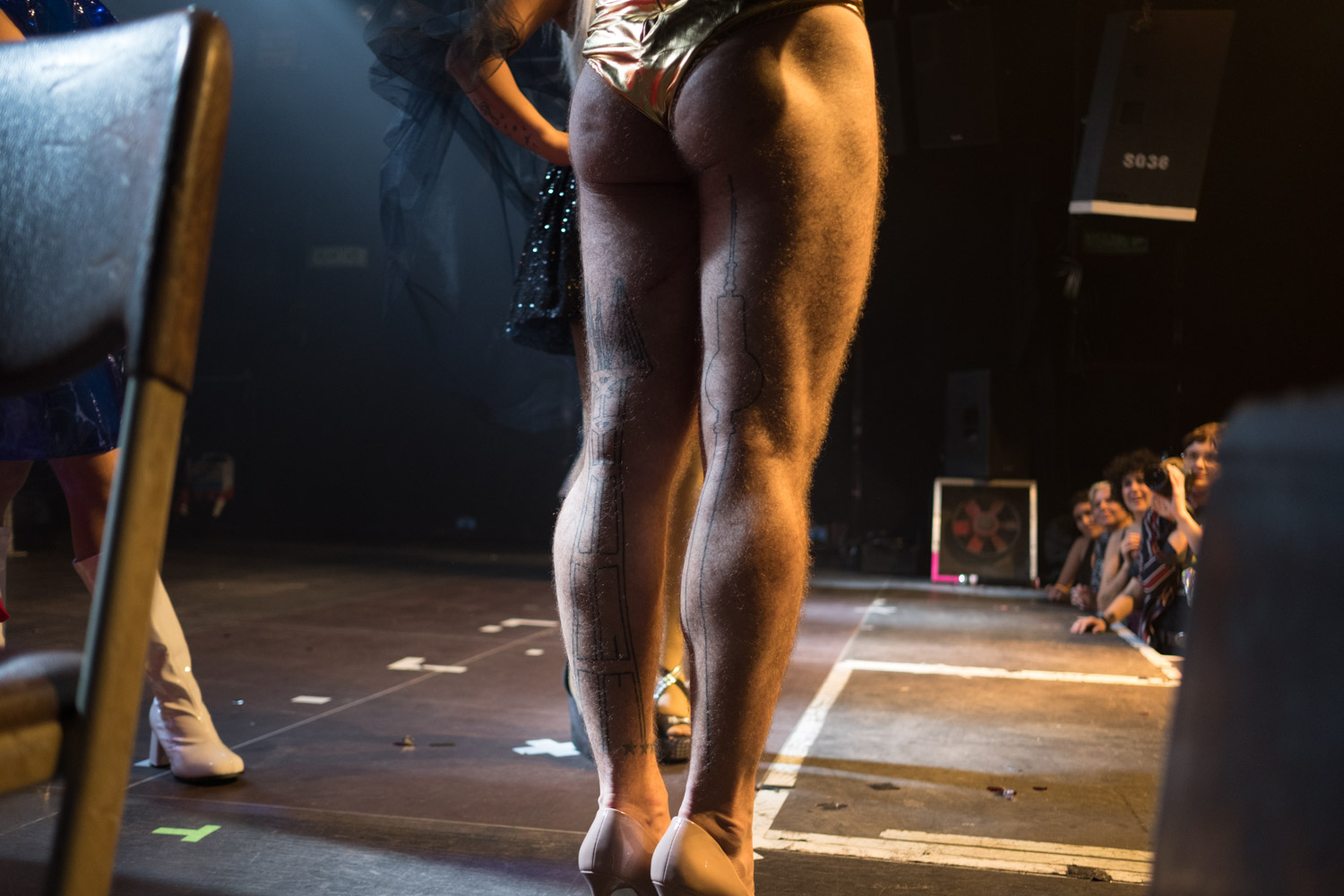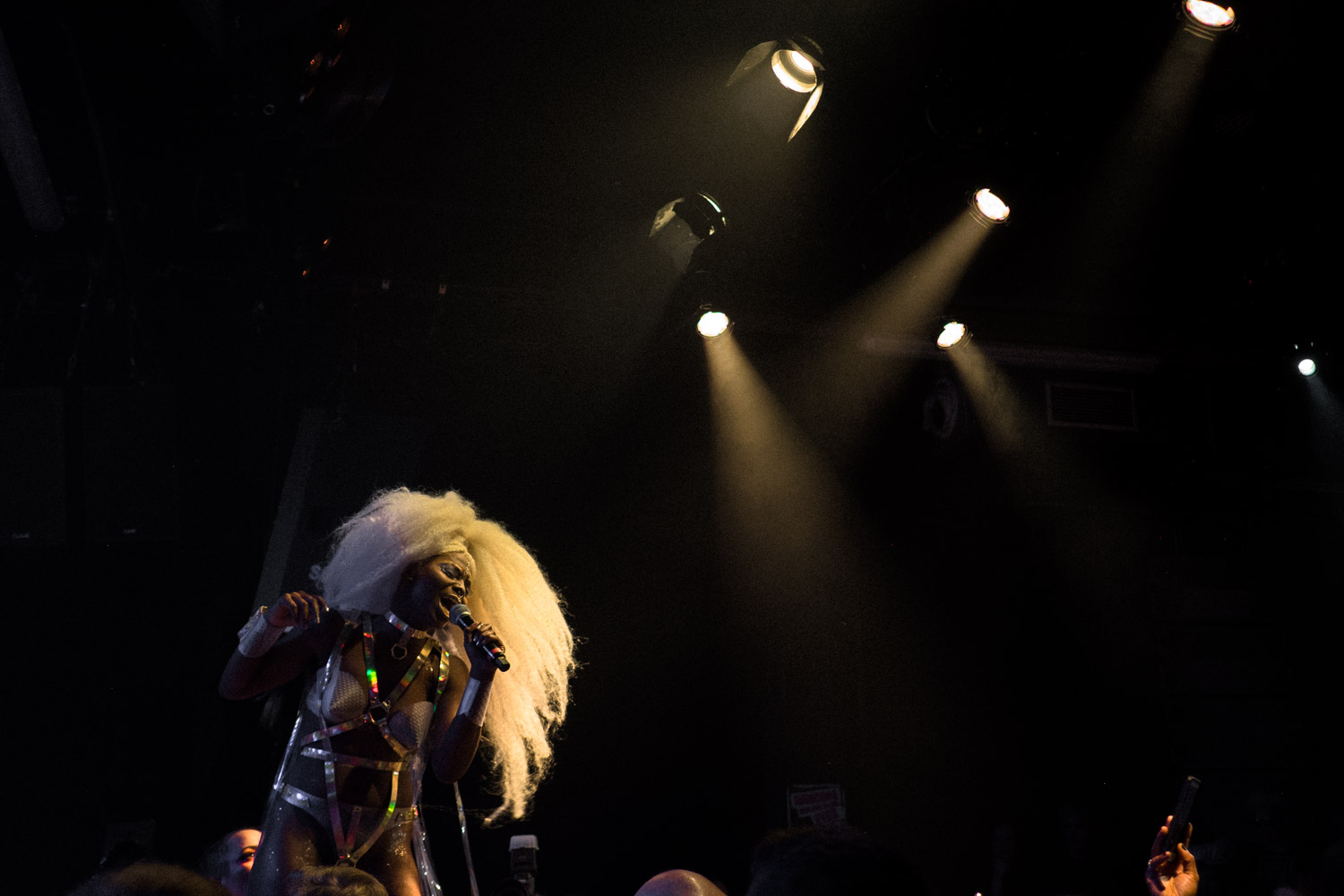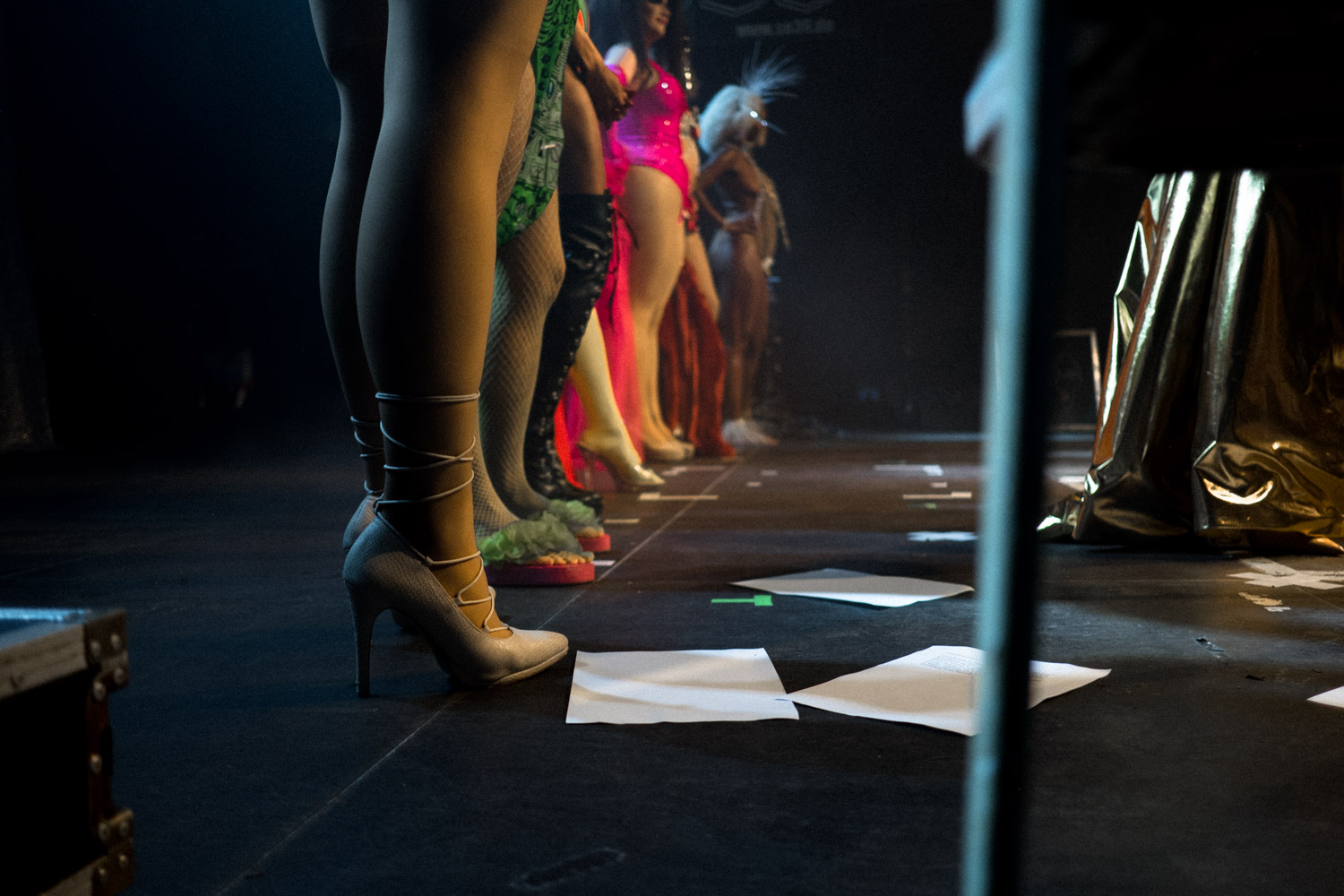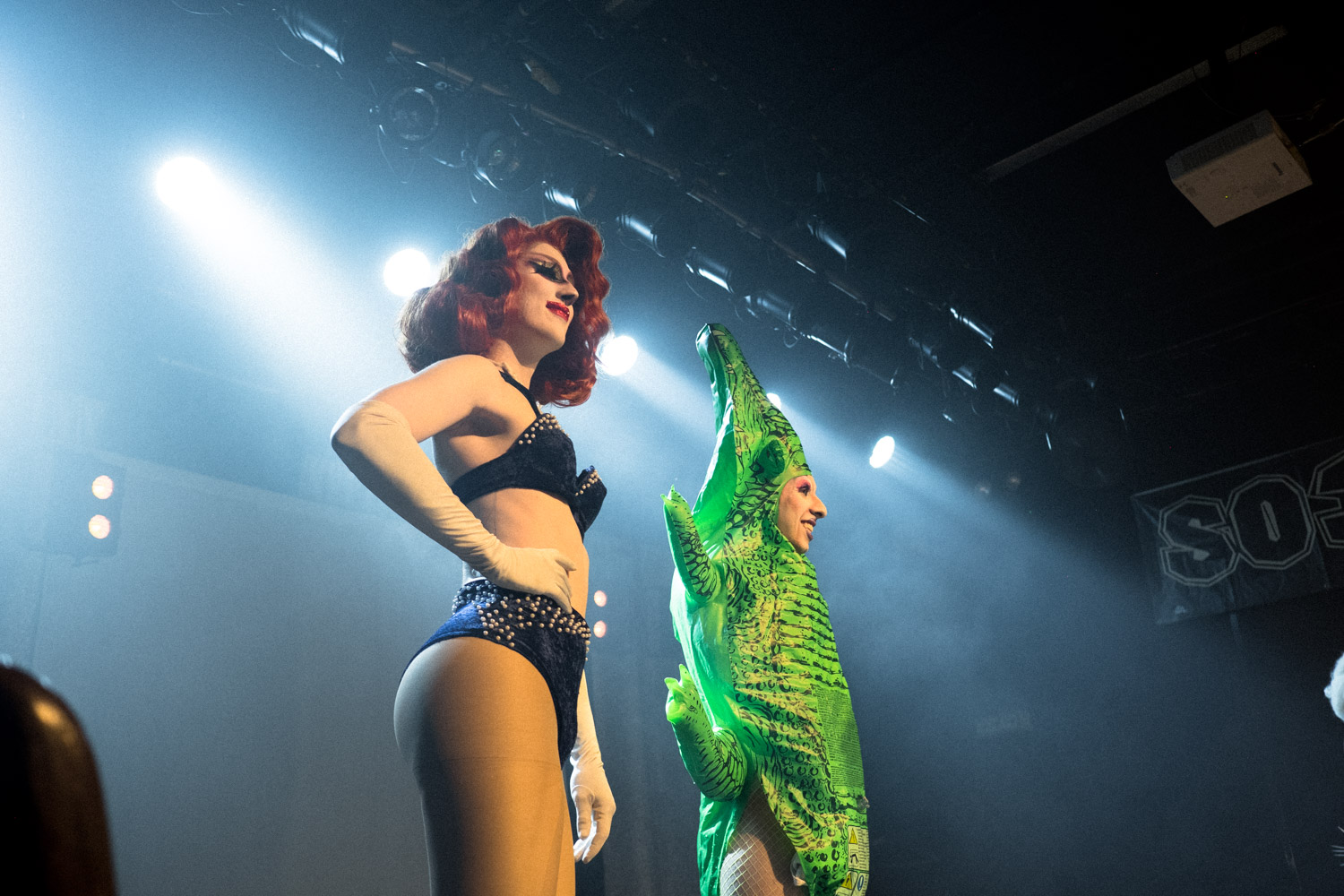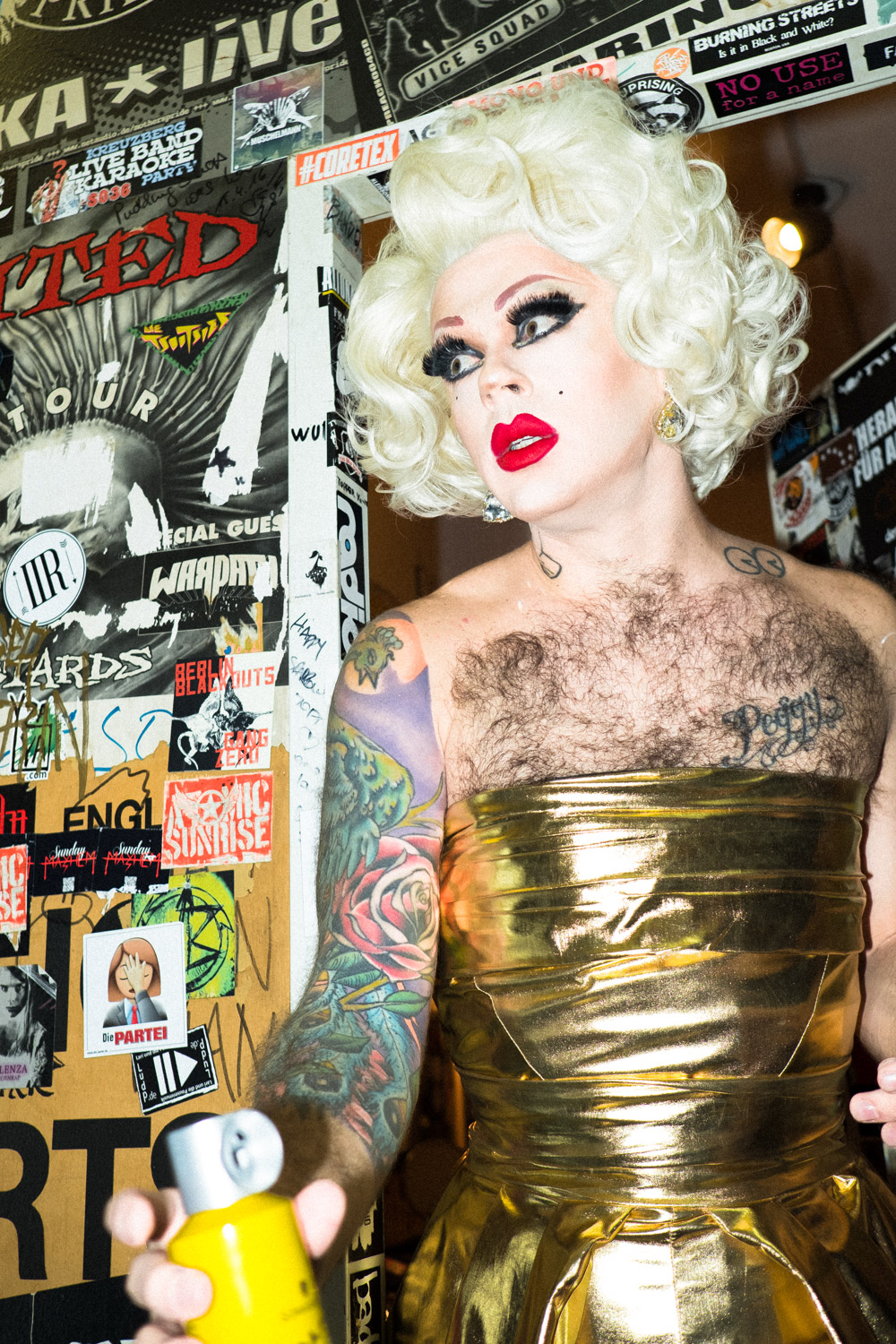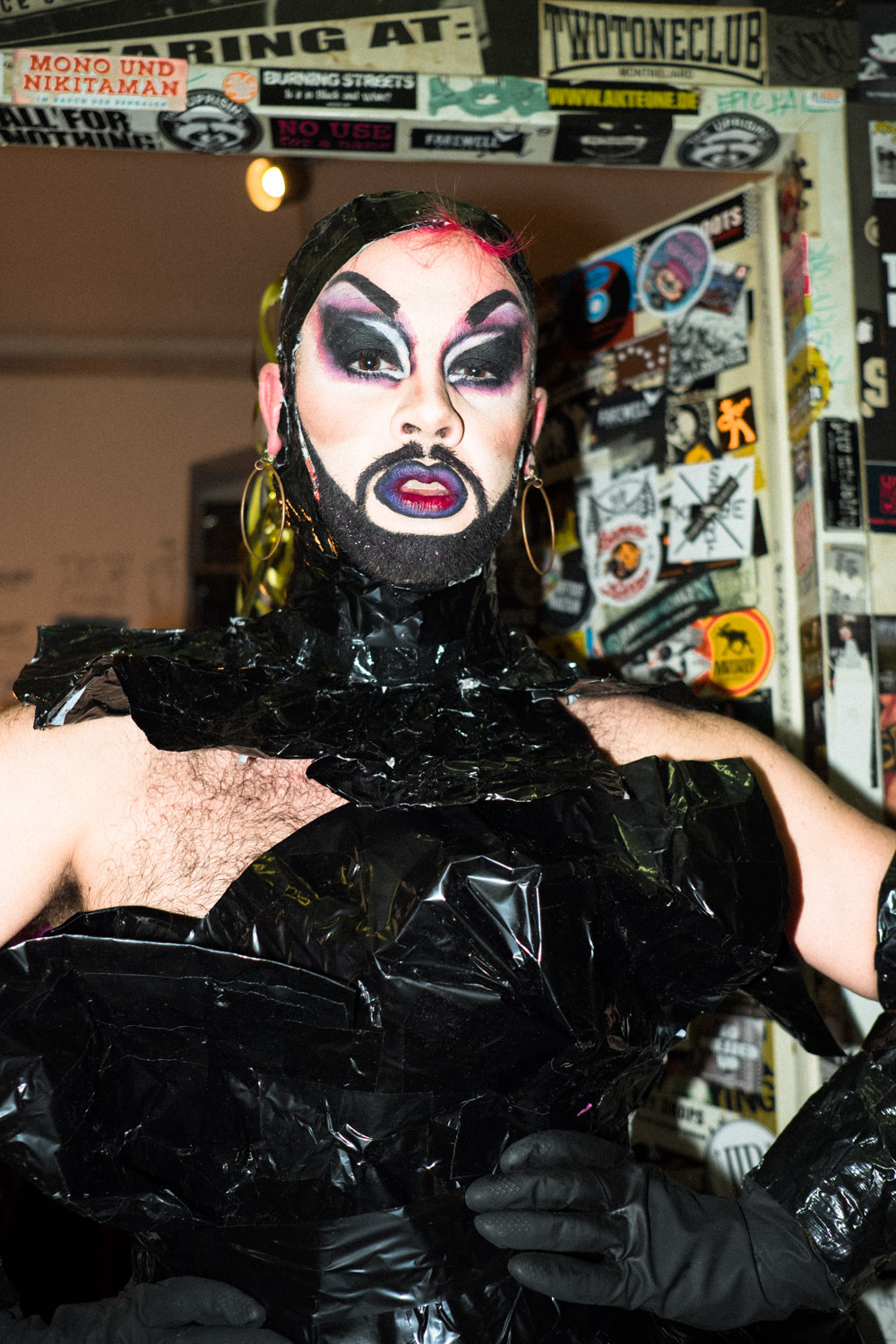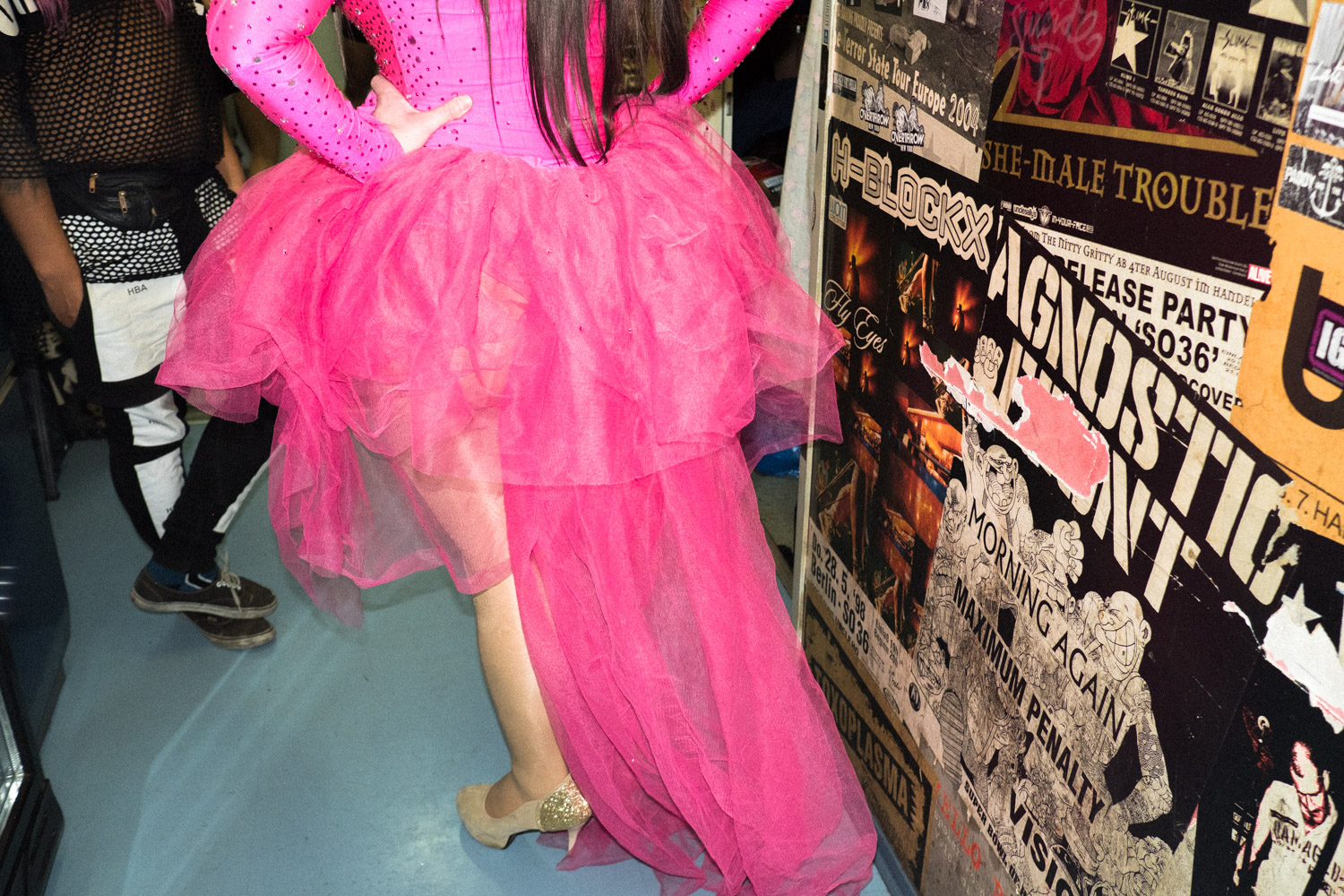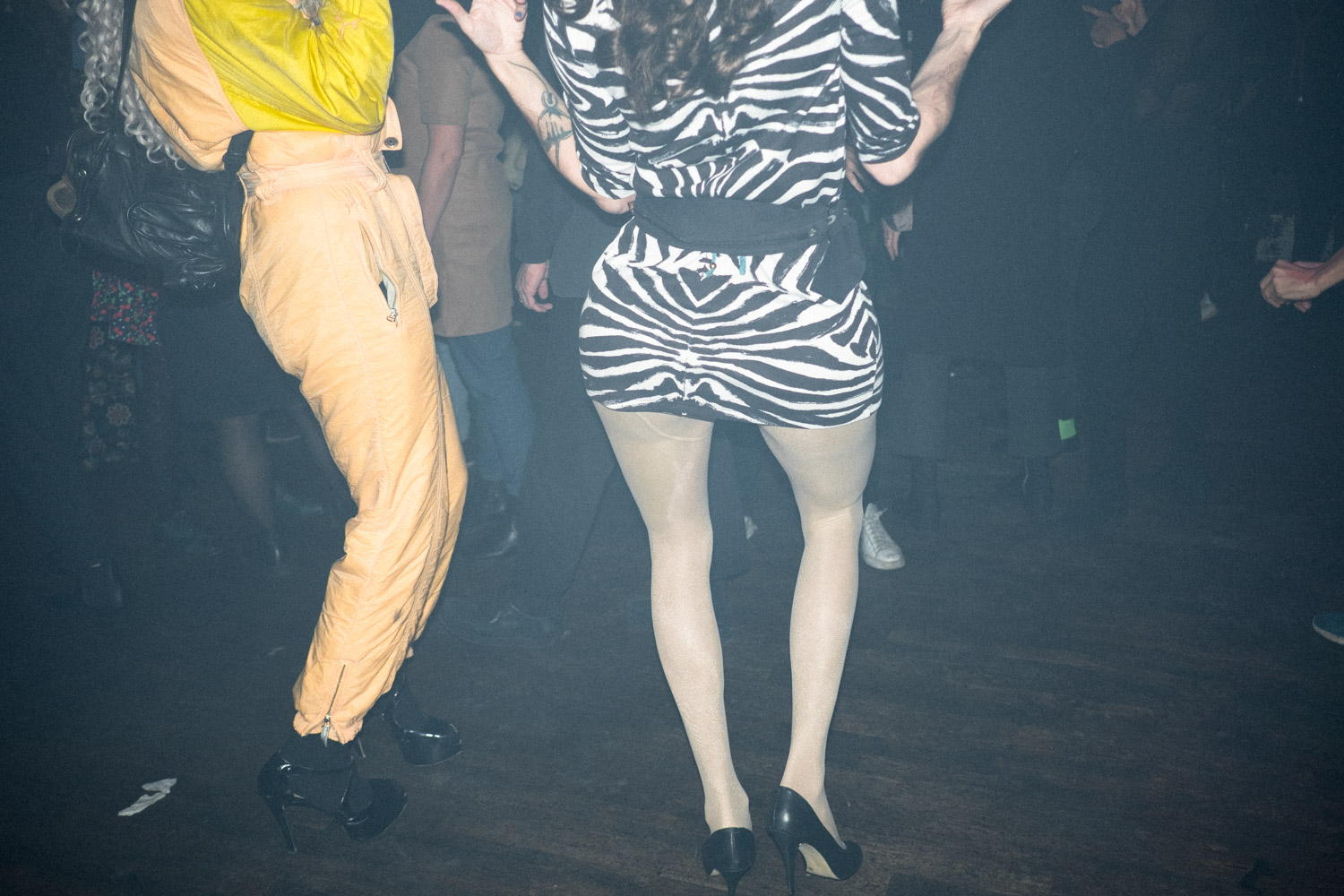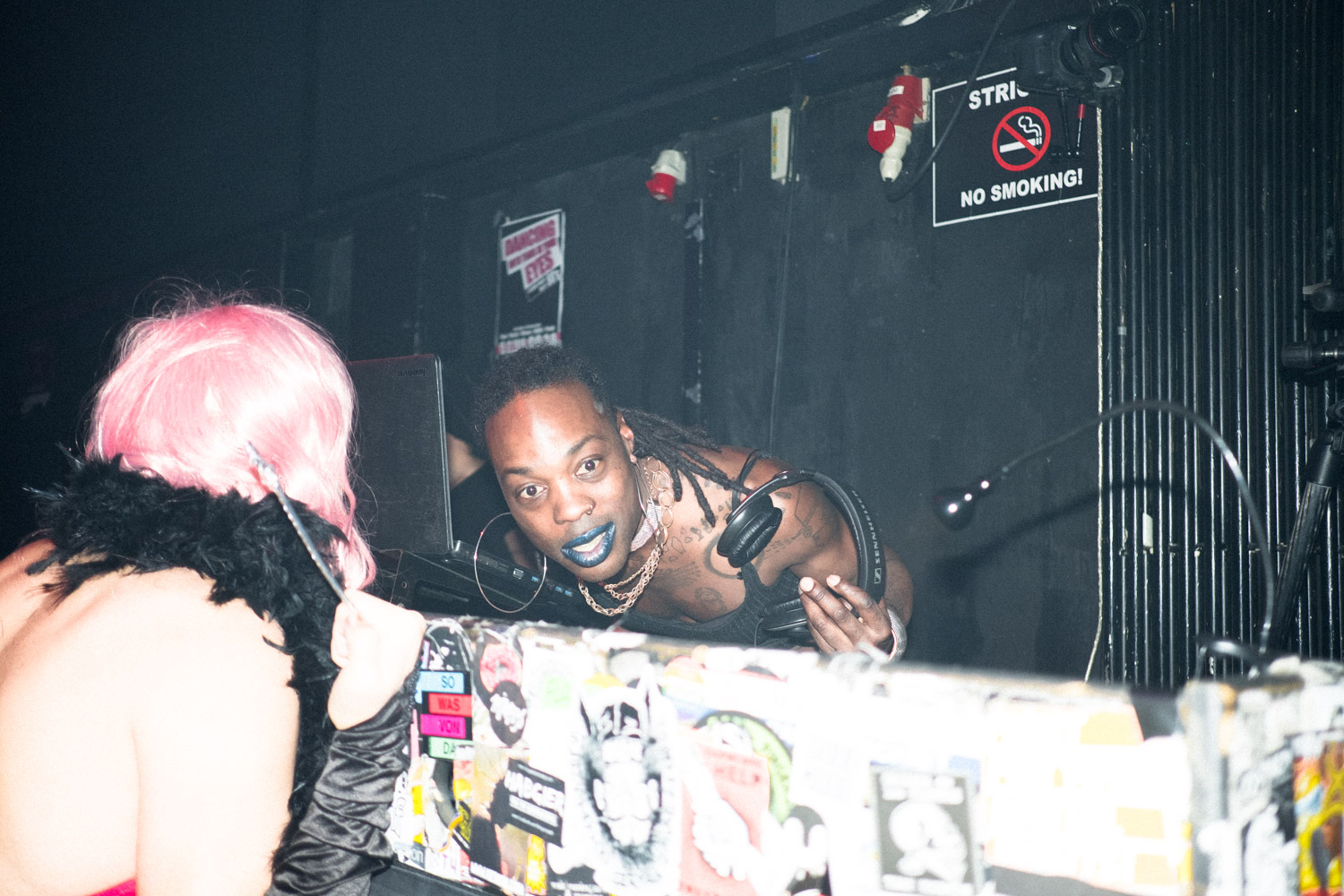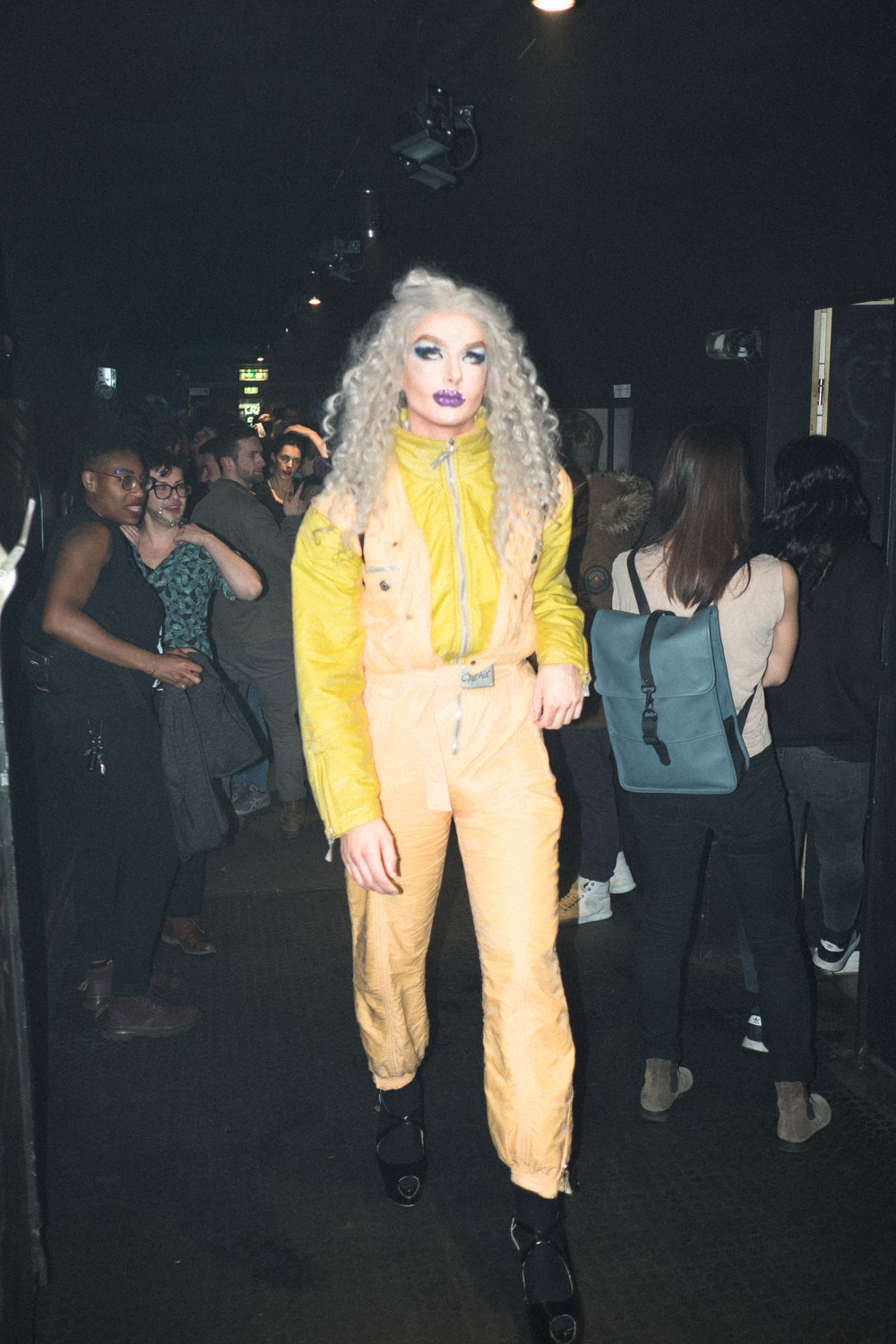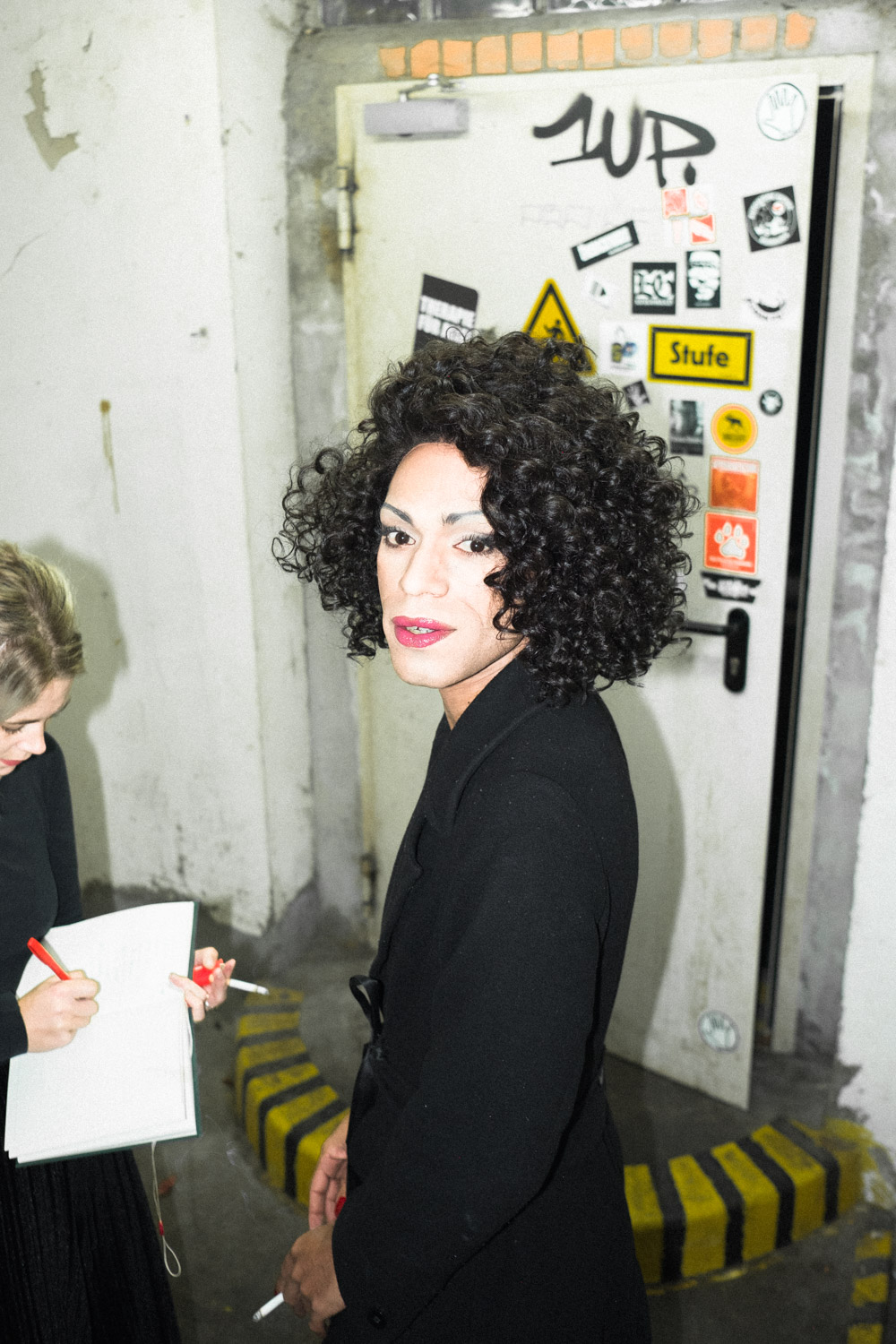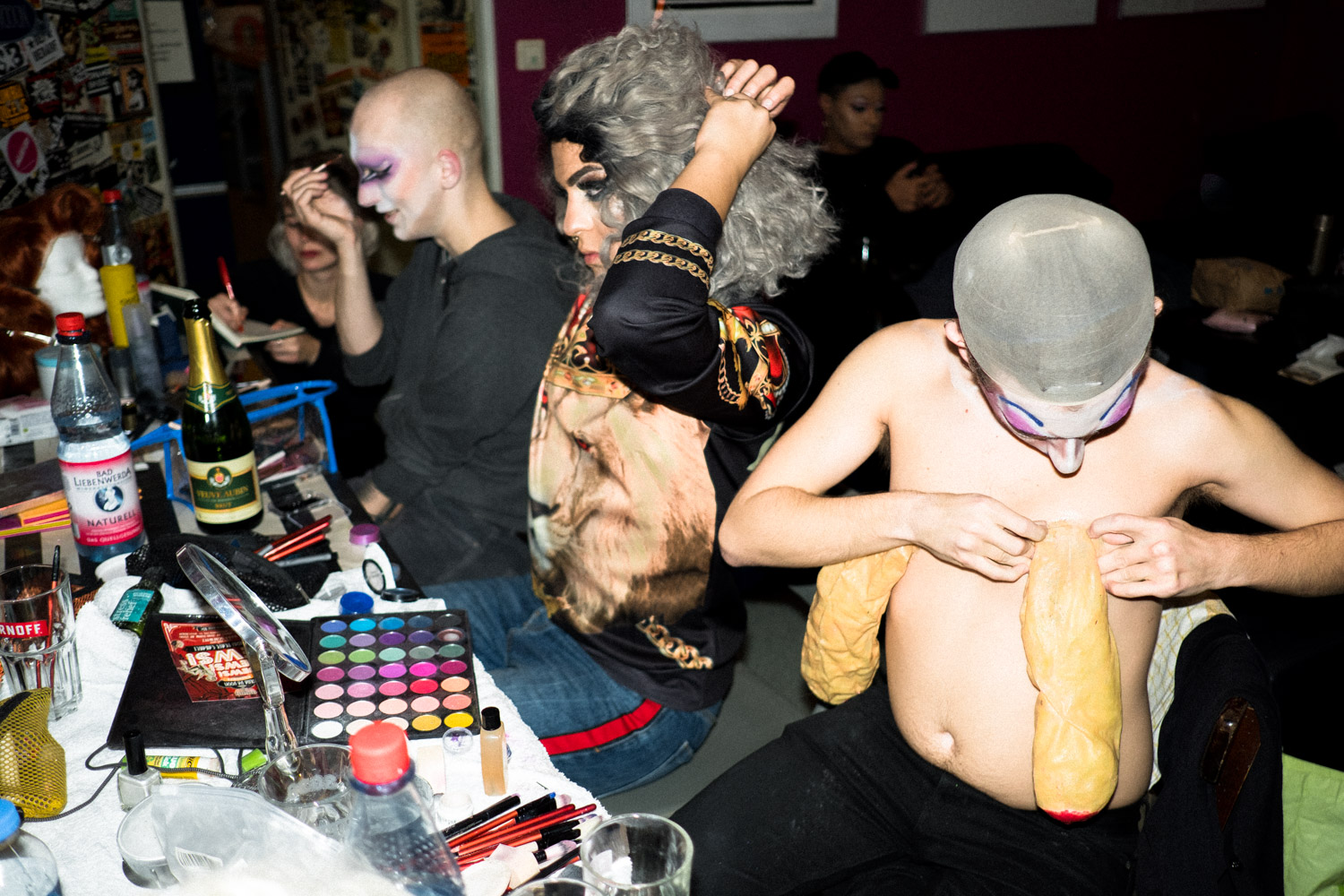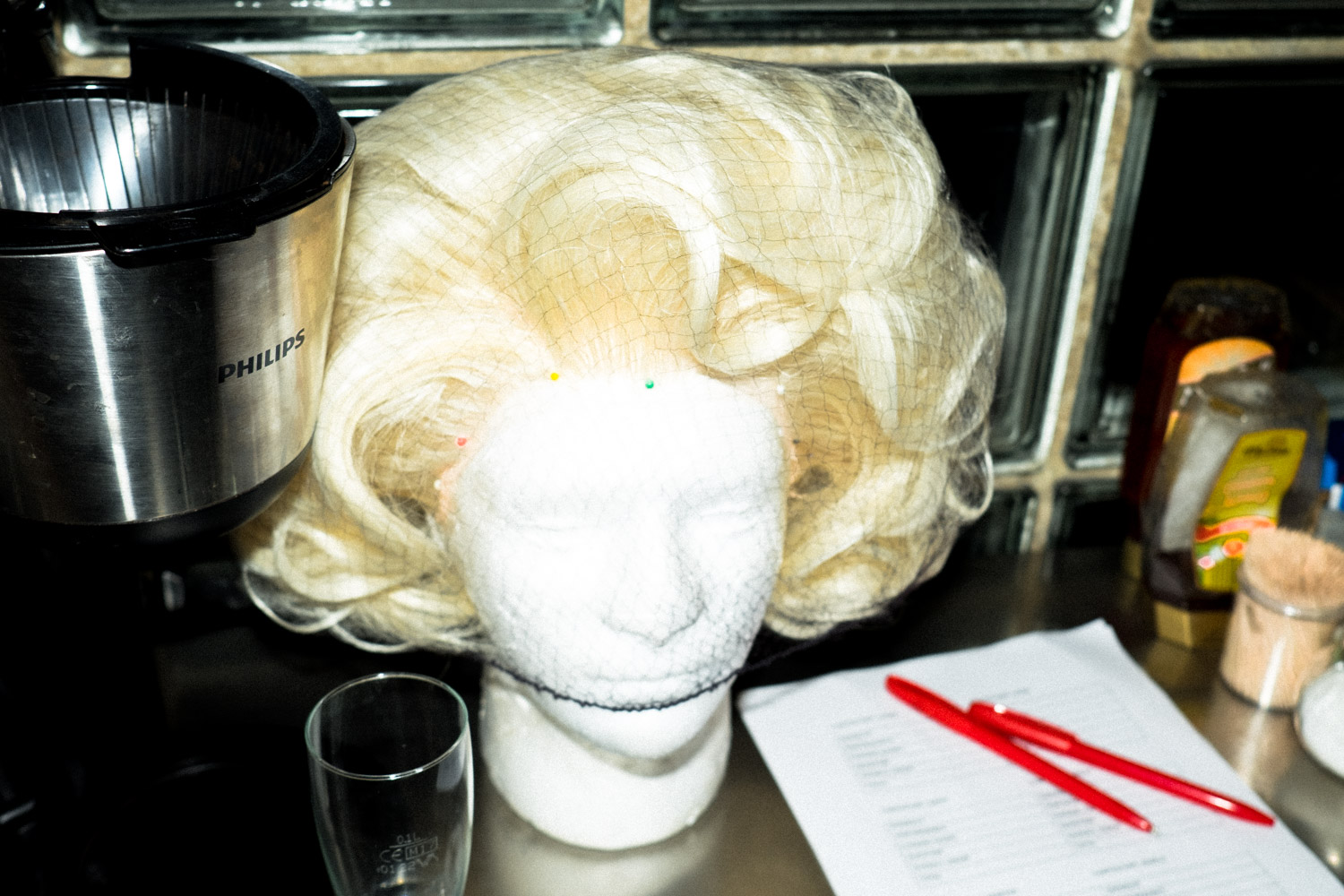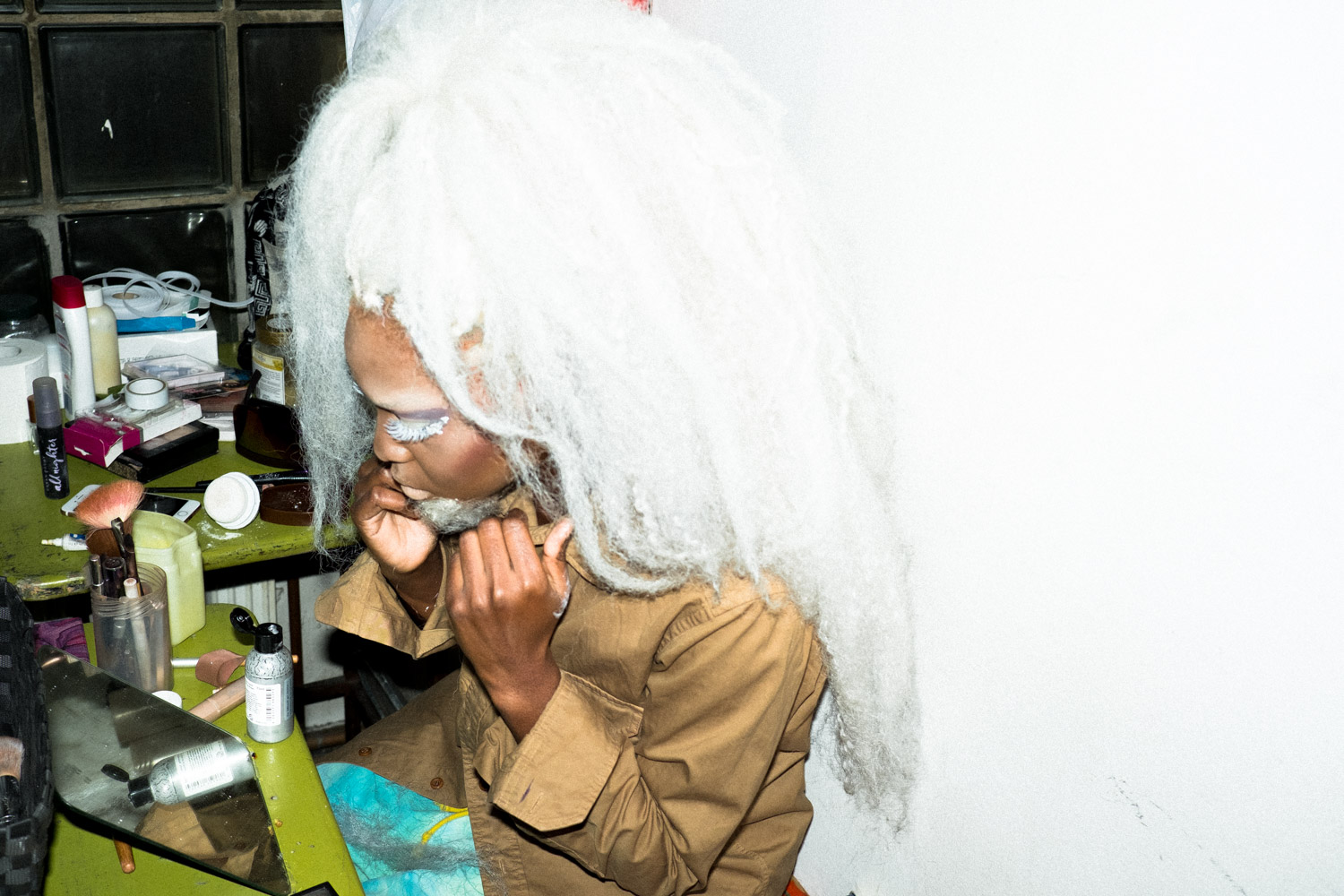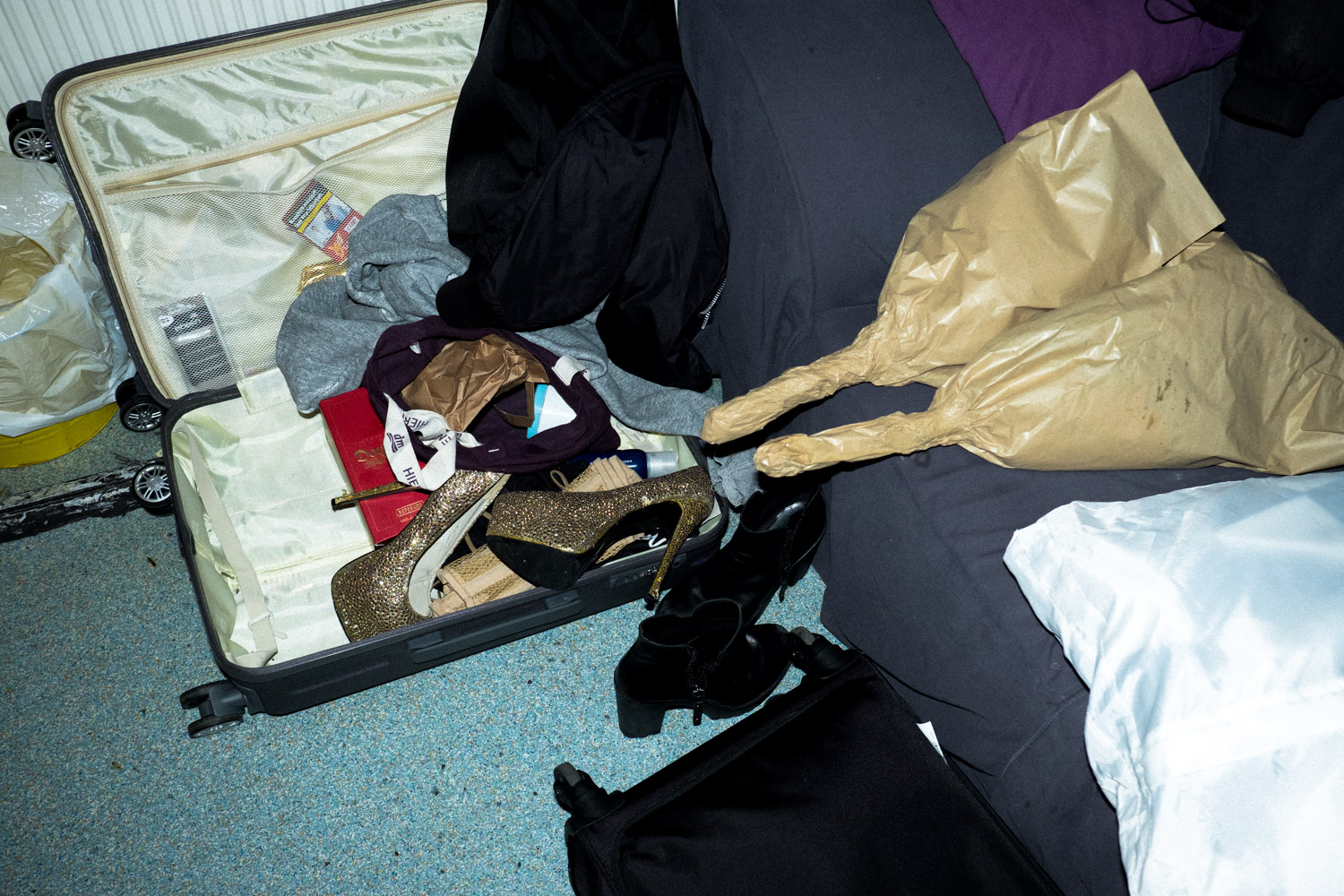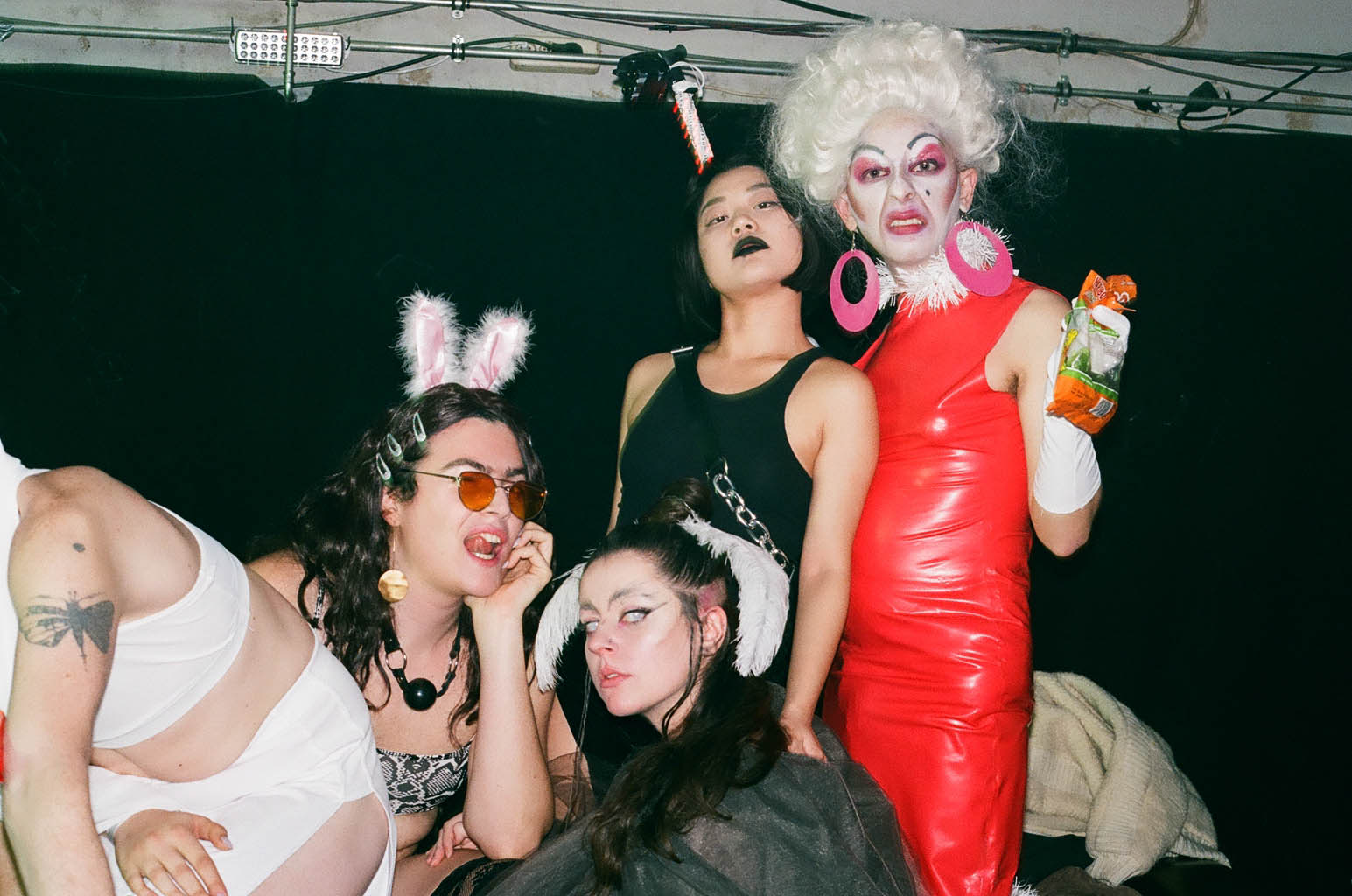Hailing from small-town USA (South Carolina suburbia to be more precise) Pansy moved to Berlin six years ago, by way of California. “My first experience of drag was in San Francisco,” she remembers. “I was about 20 years old. I loved it, it was kind of weird and fucked up, but to me it didn’t do enough.” It may have been political, but for Pansy, it wasn’t utilising its potential for broader social justice. “I feel like sometimes it’s just such a missed opportunity,” she laments. “You have this platform—you might as well use it for something good instead of just a party.” Pansy desperately longed for the kind of self-reflective mentality that was lacking from the San Fran drag scene. “It’s just not enough to say ‘we’re here, we’re queer, get used to it’” she asserts. “You have to say ‘we’re here, we’re queer, but there are members of our community who have had inordinate amounts of privilege ahead of others, and it’s our job to make space for everyone.’” It’s this premise that sparked the desire to cultivate her own spaces in Berlin, and since, her contribution to the drag scene has set a precedent for others to follow.
Through the conception of regular events like Pansy’s House of Presents at infamous karaoke spot Monster Ronson’s, and Judy LaDivina’s Dragoholic at queer watering-hole SilverFuture, Pansy and her fellow Berlin queens have not only carved out a space for queer culture to thrive, but also built a community which not only accepts, but embraces difference. From femme and female-led spaces to non-binary- and PoC-driven collectives, Berlin’s drag scene is a place where inclusivity and understanding is sacrosanct—an ethos as unflinching as a face full of baked contour. “I want to include people who have either historically or visually been left out of queer or gay representation,” Pansy explains. “So the most important thing for me is that trans and non-binary people are in the front. But it also has to be a space to work through all our issues.” “We only woke up yesterday,” she explains. “Everyone’s trying to figure out their shit—I want it to be a space where people are able to do that. I want it to be a space where people feel themselves, and where all those weird disparate elements of the LGBTQIA spectrum are able to come together.”
It’s this fervent drive for social justice that unites all the disparate houses, queens and events born in Berlin’s burgeoning drag scene, and sets the city’s subculture apart from elsewhere. With Ru Paul as the undisputed poster child of drag, the damaging rhetoric his show promotes—from misogyny to transphobia to exclusionary prejudice—has a profound trickle-down effect. “That is the mainstream,” explains gender non-conforming queen Godx Noirphiles, “and that logic permeates the drag culture everywhere.” Godx—mother of The House of Living Colors, a home to queer and trans people of colour, and winner of the second annual Miss Kotti pageant—is living proof of the diversity and inclusivity the Berlin drag scene nurtures. “I’m viewed as a woman in everyday life, and so people get very surprised when I tell them I do drag,” she explains. “They assume I do drag king, but it’s just an exaggeration of my already non-binary self. Being in Berlin, it’s nice that this is something that people talk about in a very inclusive way.”
